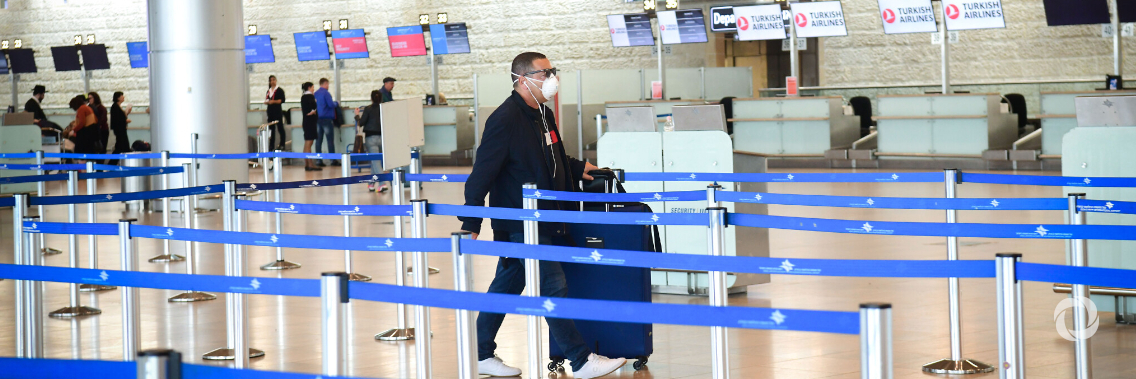New Cedefop analysis explores which EU Member States are likely to expect the highest risks in jobs related to the tourism industry.
The tourism sector has become one of the strongest pillars of the EU economy in the past two decades. Job growth in tourism has been over three times as high as the overall job growth of the EU economy since 2000.
But the sector now faces a grim and uncertain future as the coronavirus countermeasures will continue to disrupt both individual and business travelling for a potentially long period of time. In addition, the impact of the pandemic may bring profound changes to people’s habits and business operations, which tourism businesses may struggle with for years to come.
Which EU Member States can be expected to face the highest risks in tourism jobs? Cedefop identifies and explores two high-risk factors: (a) importance of international arrivals for a country’s tourism sector and (b) share of small enterprises in the tourism employment sector.
(a) Dependence on international tourism is considered a high-risk factor since international arrivals are expected to be dramatically affected by coronavirus. European countries depend on international tourism to different degrees. Malta, a country with a population of less than half a million, received over 2.5 million foreign tourists in 2018, or 5.3 per capita; in contrast, Slovakia with almost 5.5 million people, welcomed 2.3 million foreign tourists or 0.4 per capita in the same year.
At the moment, attractiveness for foreign tourists poses a threat: this summer, local businesses may have to rely on domestic tourists alone, and in case of countries like Malta, Croatia or Cyprus, these will not be enough to offset the drop in international demand.
(b) Small and medium-sized enterprises (SMEs), and particularly micro businesses (with fewer than 10 employees), can be considered more susceptible to the negative effects of the coronavirus, given their limited human and financial resources, as well as their often greater difficulties in accessing government support. Microbusinesses are linked to over one-third of employment in the tourism sector in 15 EU Member States; for example, in Italy, they contribute to half the tourism sector employment, with Poland, Belgium, and Croatia not far behind.
These two high-risk factors combined spell significant challenges for the tourism sector following the coronavirus pandemic, particularly in five European countries: Malta, Croatia, Cyprus, Austria and Greece. Supporting the sector, especially its smaller establishments, is vital for protecting millions of jobs across Europe.
Original source: CEDEFOP
Published on 07 May 2020

